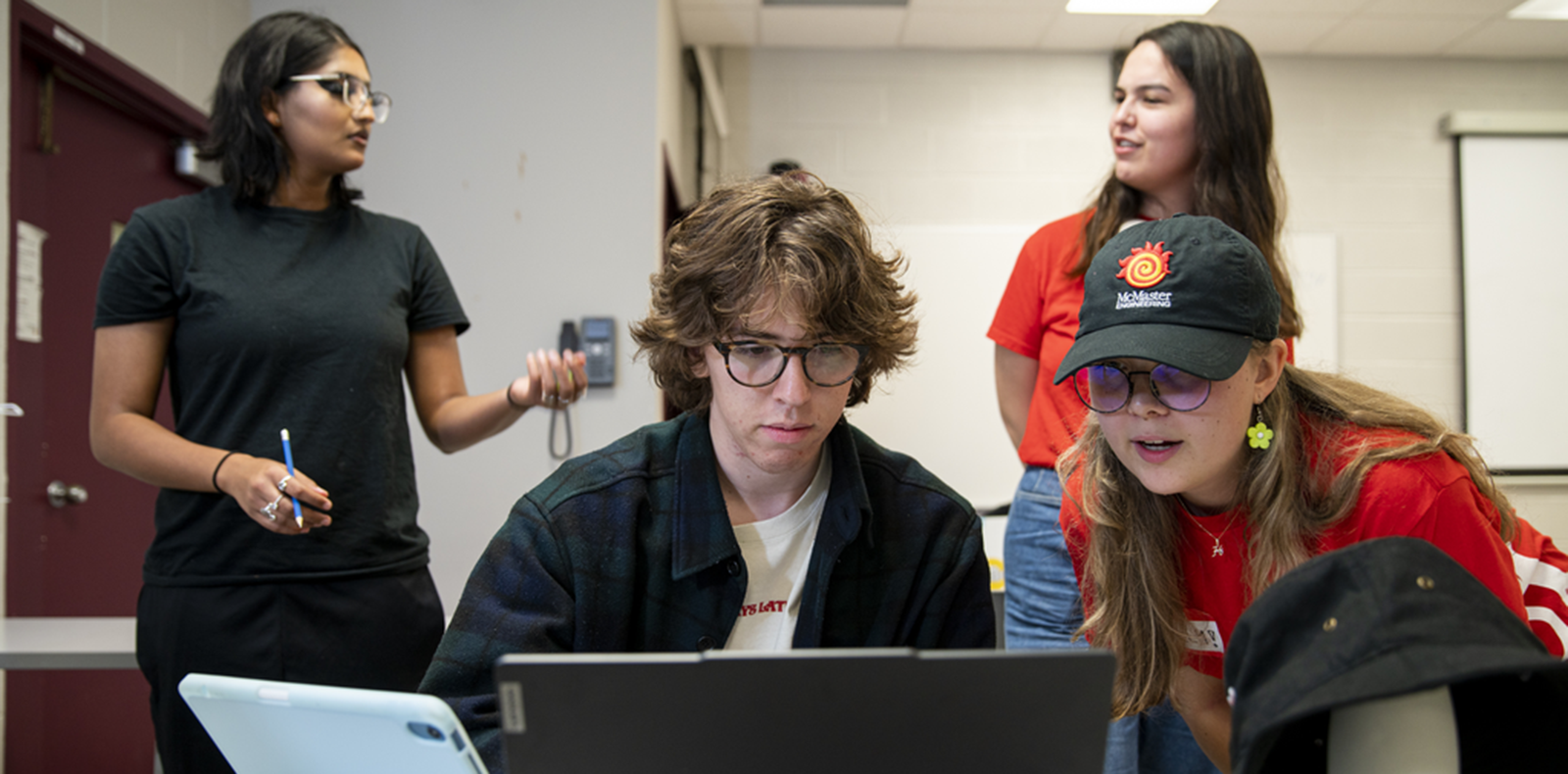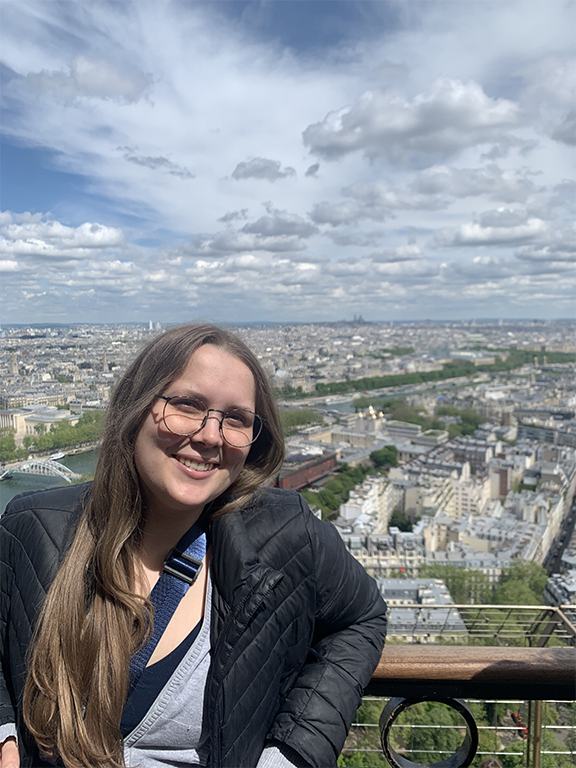
Prepare for your first year
Mix and match courses and other opportunities to create your own unique, customized EMBER experience.
This Engineering Mentorship and Bridging Education Resources (EMBER) program is available to students who are entering their first year in one of the following programs:
- Engineering
- Bachelor of Technology
- Computer Science
- Integrated Biomedical Engineering and Health Sciences
EMBER is a virtual bridging program offered at no additional cost to students.
The EMBER Method: 100% Online Learning & Live Virtual Sessions
| WEEK 1 – AUGUST 5 TO 7 | |||
| TIME | TUESDAY | WEDNESDAY | THURSDAY |
| 10:00 AM EST | MATH: Algebra & Functions | START STRONG: Navigating Academics, Co-op, & Wellness | PHYSICS: Kinematics, Forces, & Dynamics |
| 11:00 AM EST | CHEMISTRY: Ideal Gas Law & Thermochemistry | Drop-in Office Hours w/ Holly! | COMPUTING: Make a Rock, Paper, Scissors Game! |
| WEEK 2 – AUGUST 12 TO 14 | |||
| TIME | TUESDAY | WEDNESDAY | THURSDAY |
| 10:00 AM EST | MATH: Trigonometry, Geometry, & Vectors | FIND YOUR PEOPLE: Clubs, Teams, & Campus Life | PHYSICS: Work, Energy, Momentum, & Impulse |
| 11:00 AM EST | CHEMISTRY: Chemical Reactions, Equilibrium, and Acids & Bases | Drop-in Office Hours w/ Holly! | COMPUTING: Developing a Cashier System for the McMaster Student Centre |
| WEEK 3 – AUGUST 19 TO 21 | |||
| TIME | TUESDAY | WEDNESDAY | THURSDAY |
| 10:00 AM EST | MATH: Linear Algebra, Limits, Derivatives, and Integrals | UPPER YEAR AMA: Advice From Those Who’ve Been There | PHYSICS: Oscillatory Motion, Magnetism, and Electricity & Circuits |
| 11:00 AM EST | CHEMISTRY: Structures & Properties of Matter | Drop-in Office Hours w/ Holly! | COMPUTING: 2D Lists, Reading Files, and Classes |
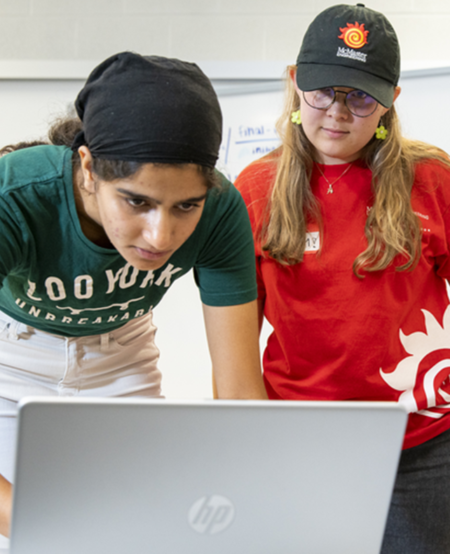
Our goals
Academic Success
To prepare students entering into Level 1 Faculty of Engineering programs for academic success by teaching and reinforcing foundational concepts in Math, Physics, Chemistry and Computing.
Social Success
To prepare students entering into Level 1 Faculty of Engineering programs for social success by introducing and connecting the students to each other, upper-year students, faculty member, and staff in engineering. Get to know the #FireballFamily!
Avenue to Learn
Courses will be taken through Avenue to Learn.
Avenue to Learn is the primary learning, course delivery and assessment platform at McMaster.
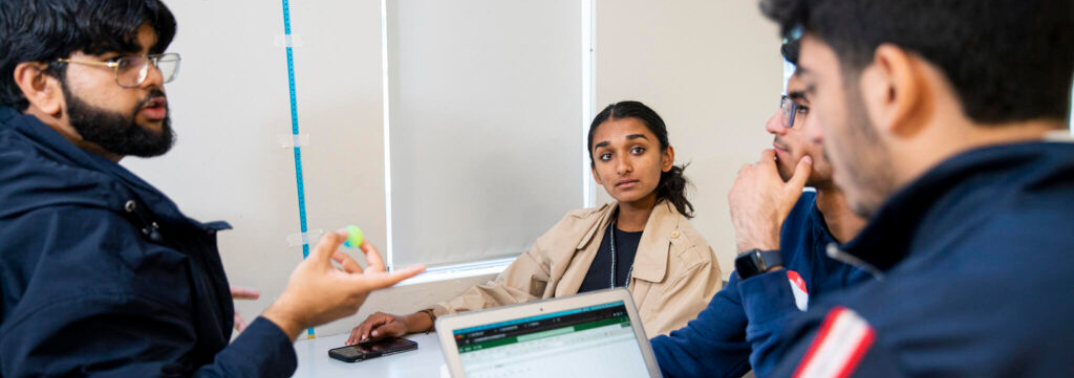
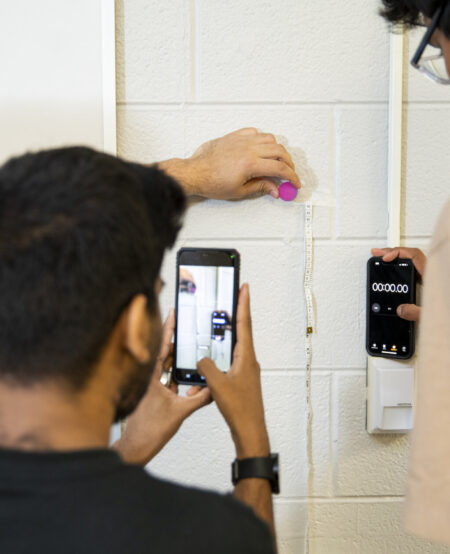
This program is designed to ease your worries. It will support you, help you make the transition to university a smooth one and will welcome you a little early to the Fireball Family.
TAP into the Mac Eng experience!
Chat with students from the Faculty of Engineering on The Ambassador Platform and discover what makes our #FireballFamily community so incredible.

